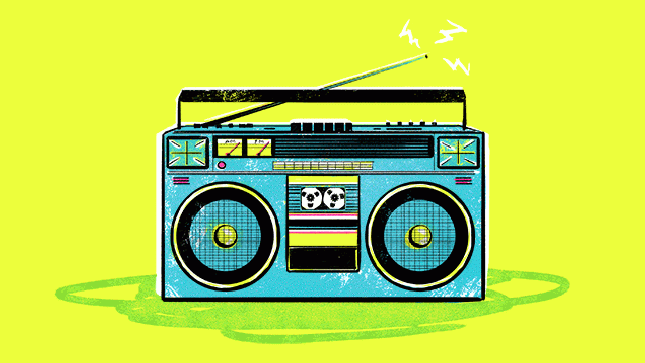Put On Some Music If You Want to Feel Like You're Falling in Love
Latest

You felt so charming that night the two of you fell in love over front-porch, late-night summertime ale—but maybe it was less you and more the beer, the soft lighting, the cool nighttime air, and most importantly, says a new study, the music.
In an experiment designed to test the impact of background music on getting-to-know you scenarios, Aoyama Gakuin University’s Psych department set up 32 teenage and twentysomething gals and guys to meet and greet for konkatsu, or marriage hunting. According to the study, published recently in Psychology of Music, the arrangement went like this:
The two conditions were as follows: the ‘with-music’ condition, where BGM was played during a 20-minute conversation, and the ‘no-music’ condition, where BGM [background music] was absent. The participants were divided into eight small groups, consisting of two males and two females each. Four other students (two males and two females) participated in pairs (two couples) in each group as the target conversation partners (called ‘guests’ here). The participants rated their impressions of the guests of the opposite sex before and after the conversation. The guests were instructed to keep the conversation smooth and amicable.
It turns out that face-to-face interaction made everyone like everyone else more than they thought they would, and generated more intimacy after the conversation. And, intriguingly:
The biggest difference between the no-music and with-music conditions is the point that music facilitated the feelings of love for the partner of the opposite sex.
Over at the Wall Street Journal, Ann Lukits notes that it wasn’t only love that flowed more freely with a soundtrack, but that conversation partners were viewed as having more openness and friendliness against the backdrop of music, too. Lukits wrote:
-

-

-

-

-

-

-

-

-

-

-

-

-

-

-

-

-

-

-

-

-

-

-

-

-

-

-

-

-

-

-

-

-

-

-

-

-

-

-

-








































